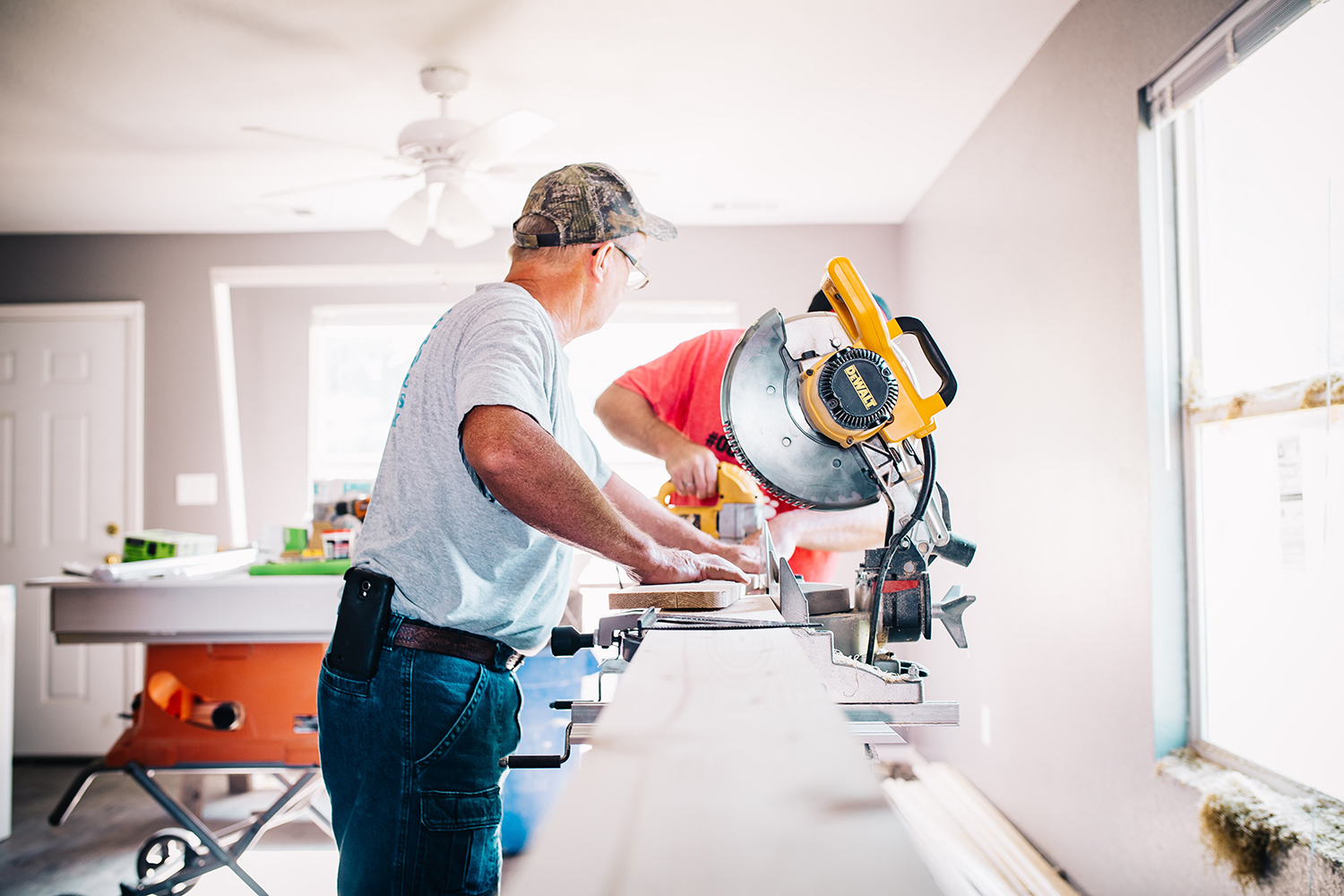Your Ultimate Guide to Investing in Auction Properties investing in auction properties can be one of the most rewarding avenues for both seasoned investors and first-time buyers looking to make their mark in the real estate market. However, jumping into this world without proper knowledge can be risky. Whether you’re searching for a fixer-upper, a great deal, or a hidden gem, understanding the auction process and implementing the right strategies is crucial. In this auction property investment guide, we’ll cover everything you need to know, from preparing for your first auction to successfully bidding on properties and making profitable investments.
What is Auction Property Investment?
Auction property investment refers to the process of purchasing real estate through an auction, which is a public sale where properties are sold to the highest bidder. Auctions can be an exciting and potentially lucrative way to acquire property, as they often present opportunities to buy properties below market value. However, they also come with inherent risks, so it’s essential to approach the process with a clear strategy and thorough preparation.
Auction properties can range from residential homes and commercial buildings to distressed properties, estates, or land. Auctions may occur in-person or online, and they are typically fast-paced events where buyers place bids on properties, often with no negotiations once the auction begins.
Why Invest in Auction Properties?
There are several compelling reasons why real estate investors choose to explore auction property investments. These include:
- Lower Purchase Price: Properties at auction are often priced lower than their market value, presenting the opportunity for investors to pick up properties at a bargain.
- Speed of Acquisition: Auctions are quick affairs, with properties typically selling in a matter of minutes. This can be an attractive feature for investors who want to act fast.
- No Negotiation Hassles: Auction sales are final. The highest bidder wins the property, and there’s no room for further negotiation, saving time and preventing protracted back-and-forth discussions.
- Exclusive Properties: Auctions may offer properties that are difficult to find through traditional channels, such as bank-owned homes, distressed properties, or estates.
However, despite these advantages, the auction process is not without its risks. It’s essential to have a solid understanding of the process and implement careful strategies for success.
Preparing for an Auction Property Investment
Before diving into any auction, thorough preparation is key. The more knowledge you have going into the auction, the better your chances of success. Here are the steps to take before you even think about bidding on your first property:
1. Research Auction Properties
Understanding what you’re bidding on is fundamental. Don’t rely on the auction catalog or listing alone—take the time to do your due diligence. Researching auction properties includes:
- Property Condition: Many auction properties are sold “as-is,” meaning there are no guarantees or repairs made to the property before the sale. Therefore, inspect the property or hire a professional to do so if possible. Look for any structural issues, plumbing or electrical concerns, or other defects that might need repair.
- Legal Issues: Ensure there are no legal disputes or liens tied to the property. If you’re unsure, consult a lawyer to run a title search and ensure that the property has a clean title.
- Location: Evaluate the neighborhood where the property is located. Is it an up-and-coming area? Does it have good amenities and schools? A prime location can significantly increase the value of a property over time.
- Comparable Sales: Research recent sales of similar properties in the area. Understanding the market value will help you determine whether the auction property is priced fairly or if you might be able to acquire it below market value.
2. Set a Budget
Bidding on auction properties can get competitive, but that doesn’t mean you should get caught up in the excitement and overbid. Set a firm budget before the auction begins, and stick to it. Your budget should account for:
- Auction Fees: Many auctions charge buyers a buyer’s premium, which is a percentage of the final sale price. Be sure to factor this into your budget, as it can add several thousand dollars to the overall cost of the property.
- Renovation Costs: If the property requires significant repairs or renovations, account for these costs in your budget. Be realistic about the expenses involved and factor them into your financial plan.
- Closing Costs: Remember that there will be closing costs on the property. These may include taxes, legal fees, and registration fees. Make sure your budget covers these costs as well.
- Contingency Fund: It’s wise to have some extra funds set aside for unforeseen circumstances that may arise after purchasing the property.
3. Understand Auction Terms and Conditions
Before attending an auction, take the time to read the terms and conditions carefully. Auctions typically have specific rules that dictate how the bidding will proceed, how the property is sold, and when payment is due.
Make sure you understand the following:
- Reserve Price: Some auctions have a reserve price, which is the minimum price that the seller is willing to accept. If bidding doesn’t reach this price, the property may not be sold. On the other hand, no-reserve auctions mean the property will sell regardless of the bid amount.
- Payment Terms: Auctions usually require a quick settlement. Buyers often have to pay a deposit immediately after winning the bid, with the remaining amount due within a few weeks. Make sure you have financing in place to cover the cost within the required timeframe.
- Inspection Rights: In some cases, buyers may not have the right to inspect the property before the auction, which means you must rely on your own research or any disclosures provided by the seller.
Understanding the auction’s rules will help you feel confident when the day arrives, knowing exactly what to expect.
The Auction Day: How to Approach the Event
Auction day can be an exciting and nerve-wracking experience. Being well-prepared will help you stay calm and focused as you bid. Here’s how to navigate the auction itself:
1. Arrive Early and Register
Arriving early gives you time to review the auction house’s procedures, ask any last-minute questions, and register as a bidder. Depending on the auction, you may need to provide identification and sign a bidder registration form to be eligible to bid.
2. Stay Calm and Control Your Emotions
The competitive nature of auctions can cause emotions to run high, but it’s important to remain calm and focused on your strategy. It’s easy to get caught up in the bidding frenzy, but overbidding or getting emotionally attached to a property can result in poor investment decisions. Stick to your predetermined budget and stay disciplined.
3. Understand the Auctioneer’s Pace
Auctioneers often have a specific cadence, with some auctioning properties quickly and others slowly. Understanding the auctioneer’s rhythm can give you an advantage, allowing you to time your bids more effectively. Observe the other bidders to see if anyone is hesitating, and use this as an opportunity to place a strong bid.
4. Bid Confidently
When it’s time to place your bid, do so with confidence. A clear, firm hand raise or bid statement will show the auctioneer and other bidders that you’re serious. Keep an eye on the auctioneer and other participants to make sure you don’t miss an opportunity to raise your bid.
5. Know When to Walk Away
One of the hardest decisions in an auction is knowing when to walk away. If the bidding exceeds your budget or the property no longer feels like a good deal, don’t hesitate to step back. It’s important to be realistic about the property’s value and avoid overspending.
After the Auction: Closing the Deal
If you win the auction, the work doesn’t stop there. There are several important steps to take after the auction:
1. Pay the Deposit
Typically, you’ll need to pay a deposit immediately after winning the auction. This is usually a percentage of the purchase price, often between 5% and 10%. Be prepared to pay the deposit right away, as this is a binding commitment to purchase the property.
2. Finalize the Payment
Once the deposit is paid, you’ll need to settle the remaining balance within a specified period, usually within 30 days. Make sure your financing is in place and that you can make the full payment.
3. Complete the Necessary Legal Paperwork
Work with a real estate attorney or agent to complete all necessary paperwork, including the transfer of ownership. This will typically involve finalizing the sale and transferring the title to your name.
4. Plan for Renovations
Once you’ve acquired the property, it’s time to assess the renovation or repair work that’s needed. Whether you’re flipping the property for resale or holding onto it as a rental investment, a solid renovation plan will add value and maximize your return on investment.
Investing in auction properties can be highly rewarding, but it’s essential to approach the process with careful planning, research, and strategy. With the right knowledge and preparation, you can successfully navigate the auction process and secure a property at a great price. By following the steps outlined in this auction property investment guide, you’ll be well on your way to making informed investment decisions that pay off in the long run. Happy bidding!







